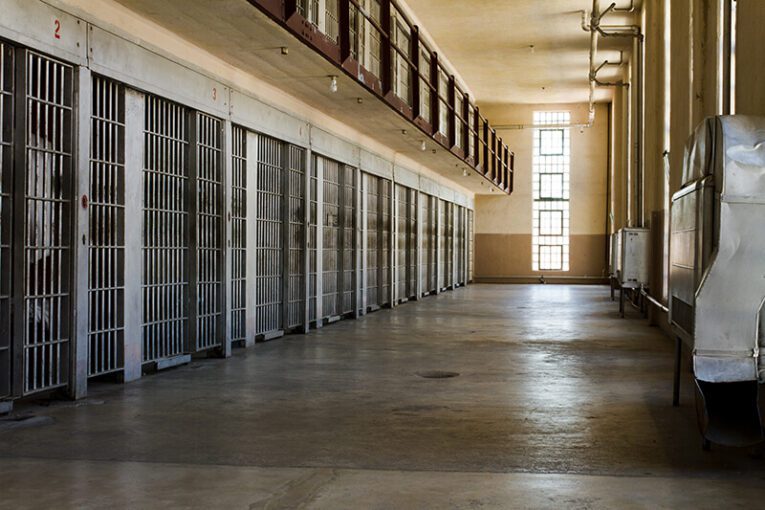
EASTHAMPTON, MA – Recent analysis conducted by the Prison Policy Initiative reveals that mass incarceration, not recruitment failure, is the cause of the “understaffing” issue plaguing jails and prisons.
The Prison Policy Initiative charges that news outlets and corrections departments readily blame failed recruitment efforts for the shortcomings of prisons and jails.
However, this approach “conveniently overlooks mass incarceration as a policy choice, restricting the universe of available policy solutions to greater investment in locking people up,” the Prison Policy Initiative claims.
The Prison Policy Initiative suggests “decarceration takes incarcerated people (and workers) out of harm’s way while freeing up resources for more constructive uses in the community, which are far more effective at deterring crime and ensuring safety than criminalization.”
Decarceration seems like the solution, “but it’s readily dismissed by corrections leaders whose livelihoods depend on mass incarceration,” reports the Prison Policy Initiative, and “it’s why recruitment is the only solution corrections can offer and a dead end at the very same time.”
After reviewing statistics related to the annual wages of corrections officers in jails and prisons, the Prison Policy Initiative observed that “the median annual corrections wage is higher than that of professionals requiring more training and education, like EMTs.”
Despite this, “the total correctional workforce has shrunk by 11 percent in the state prisons and seven percent in local jails since 2020, and agencies are expected to see, on average, a six percent decline in employment between 2023 and 2033,” states the Prison Policy Initiative.
With the growing understaffing issues that are seen in jails and prisons, the Prison Policy Initiative notes incarcerated people “undeniably face the worst harms.”
Incarcerated people are confronted with the spread of infectious disease, deterioration of mental health from enduring trauma, shortages of medical and social staff, violence, and disruptions of programs and services, among other things, maintains the PPI.
The Prison Policy Initiative adds corrections officers are also exposed to dangerous environments and diseases, highlighting a Georgia corrections officer job ad, stating applicants may “be exposed to violence and disease; strip search people, and kill them ‘if necessary.’”
“With that in mind, it’s no wonder why several recruitment strategies have failed to make these jobs more attractive,” the Prison Policy Initiative explains.
Corrections officials have tried to decrease employment requirements, employ staff wellness programs, and construct new facilities, among other desperate measures to assist in the understaffing issue, the Prison Policy Initiative reports.
PPI insists “narrowing focus on the needs of the corrections workforce has not made a dent in staffing, nor has it improved conditions for incarcerated people.”
“When policymakers abandon the idea that these problems can be addressed as narrow recruitment and human resources issues, and instead move away from mass criminalization and incarceration, we will finally see real movement on these issues,” the Prison Policy Initiative concluded.